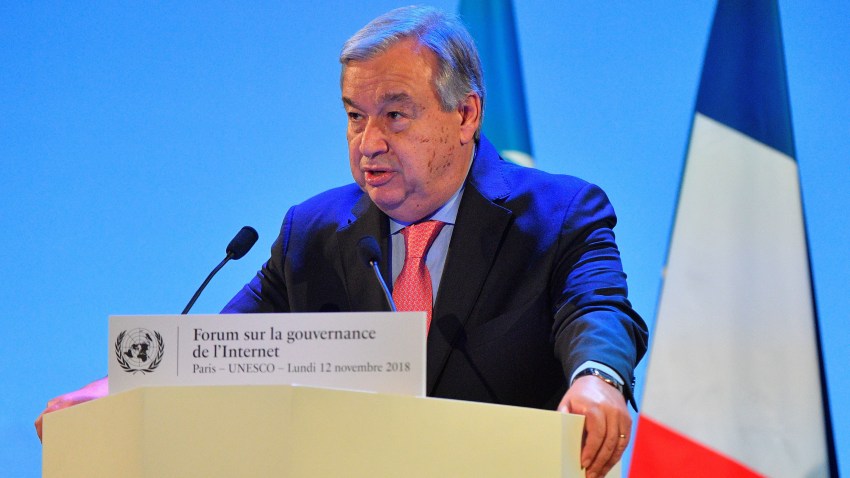In September 2024, at the much-anticipated Summit of the Future, the United Nations is set to launch its “Global Digital Compact,” which will outline shared principles for an “open, free and secure digital future for all.” In preparation, the Office of the Secretary-General’s recently appointed envoy on technology, Amandeep Singh Gill, will be a running a two-year “multi-stakeholder digital technology track” to consult with civil society and the private sector to gather ideas for the compact.
This sounds promising in theory. But a growing divide between U.N. leaders and their Silicon Valley counterparts threatens to undermine these efforts. As a result, the Global Digital Compact could end up being yet another U.N. document sitting idly on the shelf.
The problem is that U.N. officials simply aren’t speaking the same language as the CEOs of Big Tech when it comes to digital technologies. For example, during an interview organized as part of Devex’s “Generation Why” series, Gill emphasized the need for “human-centered digital transformation,” which he defined as evolution that upholds “human rights.” He also referred several times to “digital cooperation,” a term coined in U.N. Secretary-General Antonio Guterres’ 2019 “Roadmap for Digital Cooperation” to refer to collaboration between governments, civil society and tech companies.

